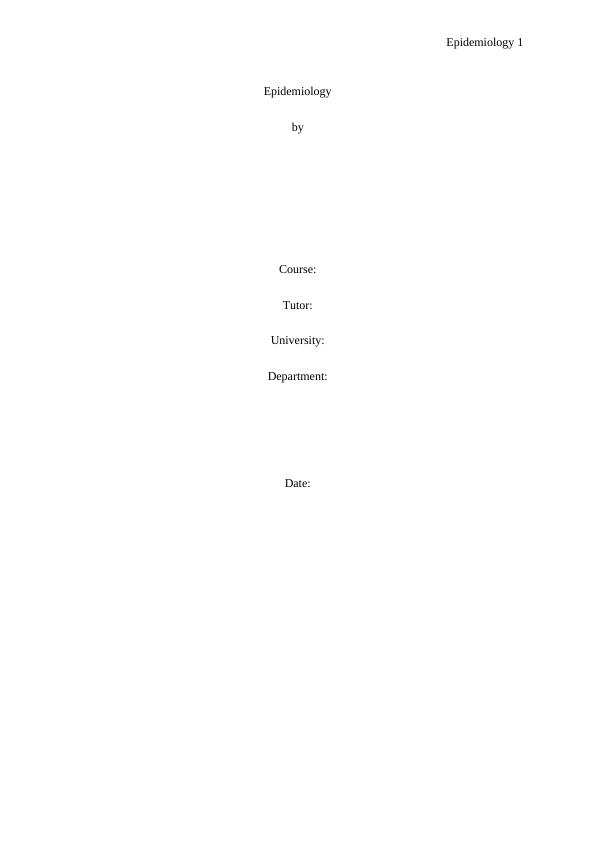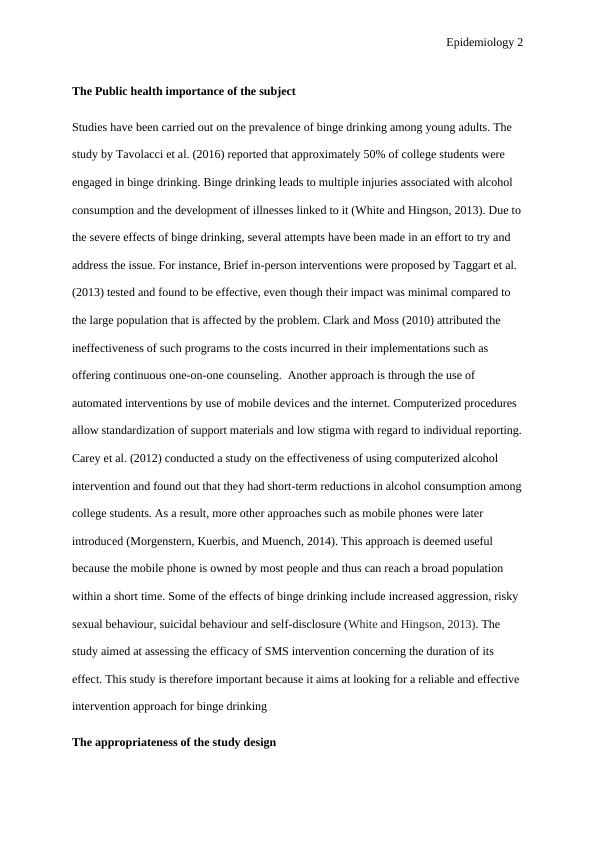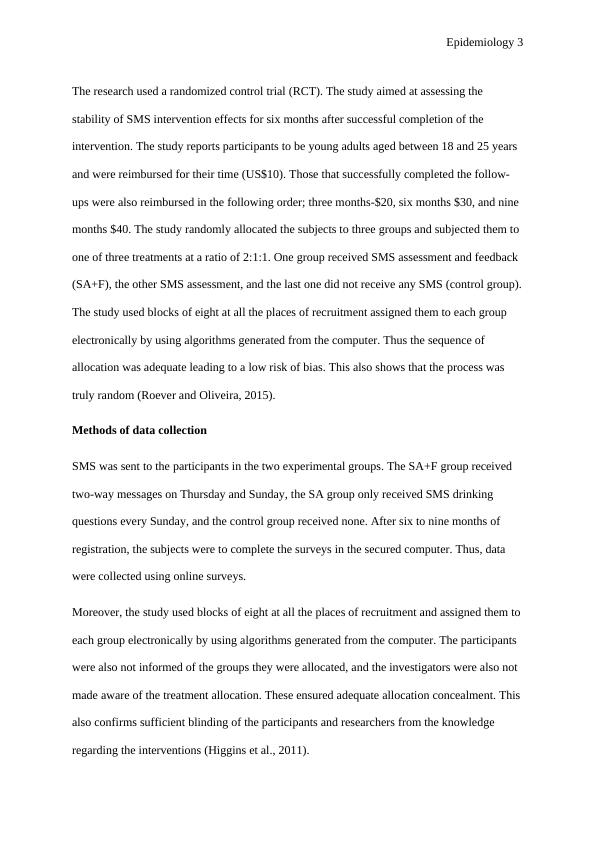SMS Intervention for Binge Drinking Among College Students: A Randomized Control Trial
Added on 2023-05-28
8 Pages2172 Words223 Views
End of preview
Want to access all the pages? Upload your documents or become a member.
Alcoholism in Low Socioeconomic White Men
|11
|3604
|2
Critique of a Quantitative Study on Mobile App Intervention for Physical Activity and Sleep Health
|12
|3236
|435
Effectiveness of Mobile Health Applications on Diabetes Management
|14
|3719
|195
Increased Self-Care Activities and Glycemic Control Rate in Relation to Health Education via Wechat Among Diabetes Patients: A Randomized Clinical Trial
|12
|3843
|20
Intervention : Reduction of depression levels among the population of depressed adolescents
|6
|1293
|54
Effectiveness of CBT and Task-Oriented Balance Training in Reducing Fear of Falling in Chronic Stroke Patients
|10
|8960
|76



